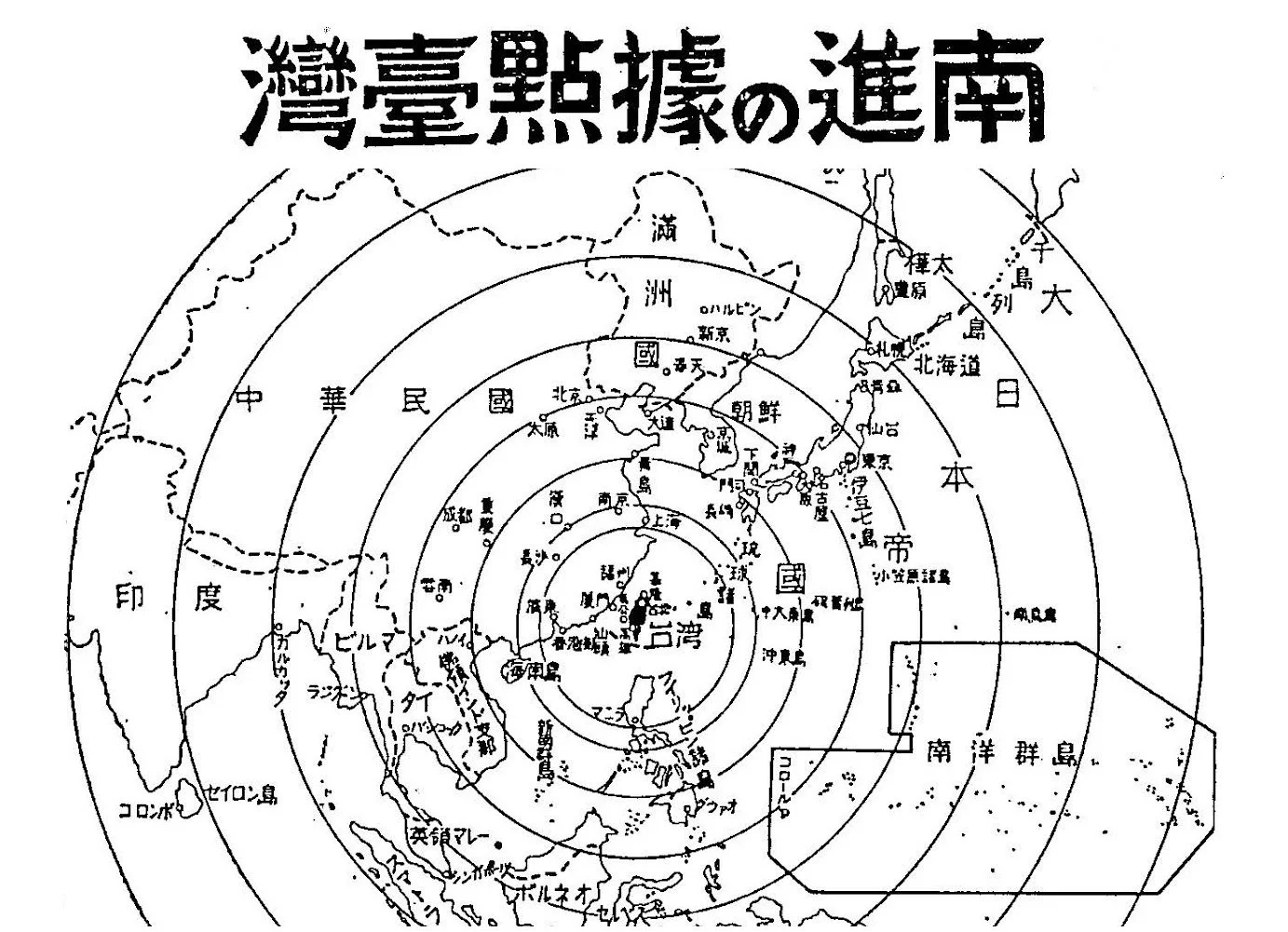All tagged colonial Taiwan
We are pleased to discuss with Professor Seiji Shirane the intermediary role of colonial Taiwan and overseas Taiwanese subjects in the Japanese Empire’s southern advance in South China and Southeast Asia. Part 2 covers Professor Shirane’s thoughts on his book’s potential reception in Taiwan, his pedagogical and historiographical interventions in the field of modern Japanese history, the goals of the newly founded Modern Japan History Association (MJHA), and his advice to graduate students studying Taiwan history in North America.
We are pleased to discuss with Professor Seiji Shirane the intermediary role of colonial Taiwan and overseas Taiwanese subjects in the Japanese Empire’s southern advance in South China and Southeast Asia. The interview is published in two parts. Part 1 details Professor Shirane’s academic trajectory and the historiographical interventions that his scholarship builds on and further extends.
The practice of physical training is not only an issue of individual choice but has always been intertwined with the political economy of nation-building. A story of civilization, wartime mobilization, and nationalism, this article on physical training features as part of our special issue: Encountering Everyday Life: Taiwan in Museums.
During WWII, the Japanese empire mobilized its colonial populations for its imperial expansionist efforts. In 1944, Tân Í-bûn from colonial Taiwan joined the Japanese Imperial Army and served in Manchuria. When war concluded, he was captured as a POW and interned in Siberia. 70 years later, his grandson Chen Li-hang reflected upon the historical knowledge production of this wartime experience.





